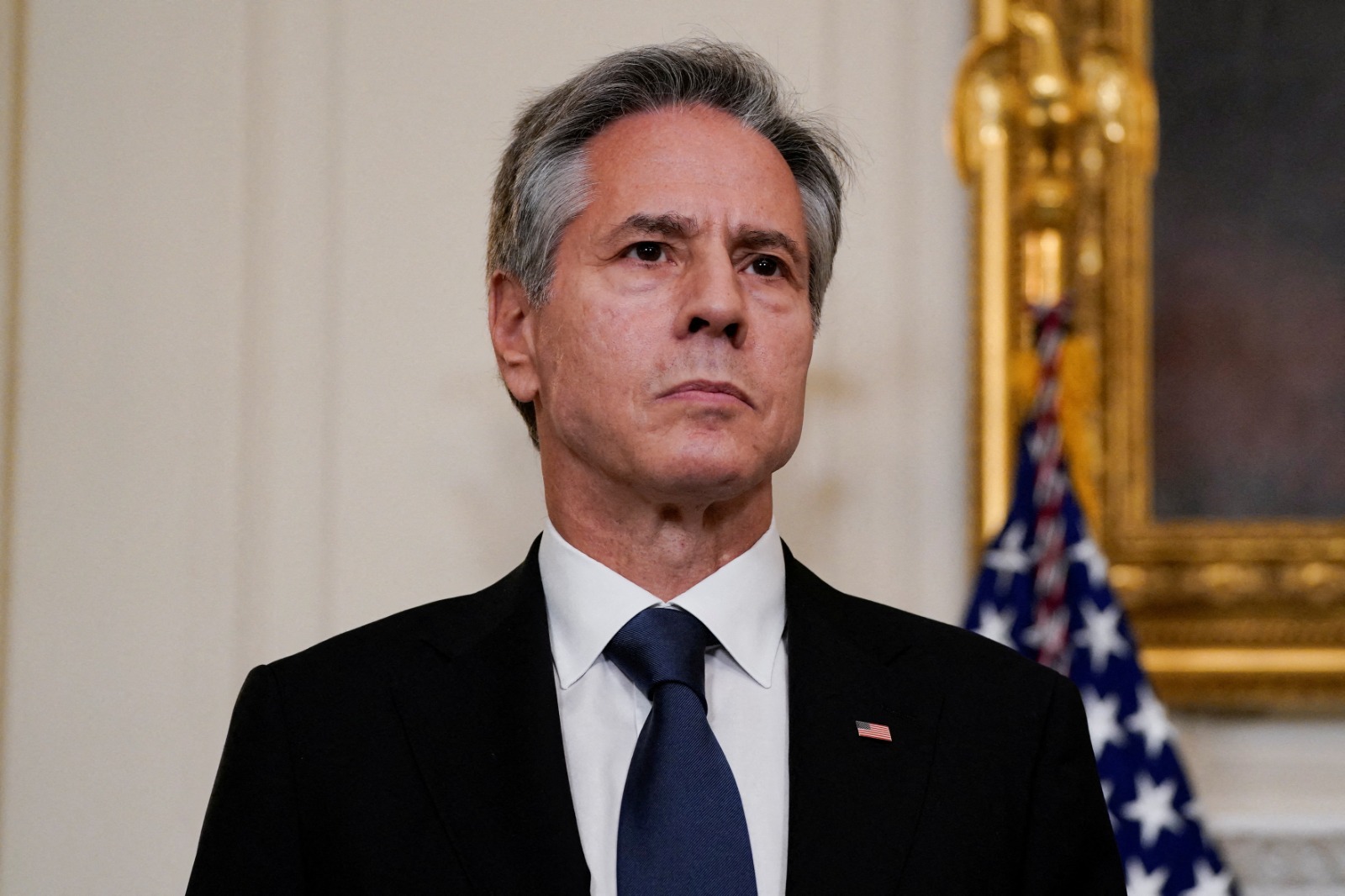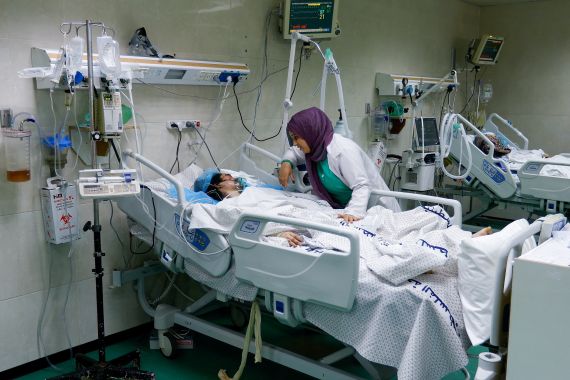In a bid to address the intensifying situation in the Middle East, U.S. Secretary of State Antony Blinken is set to embark on a diplomatic mission to Israel and Jordan. This critical visit comes as the United States confirms the successful departure of its citizens from Gaza through the Rafah crossing into Egypt, and amidst escalating hostilities between Israel and Hamas in Gaza.
Amid the ongoing Israeli offensive against Hamas in Gaza, U.S. Secretary of State Antony Blinken is gearing up for a significant diplomatic mission to Israel and Jordan. This visit, his second to the region in less than a month, aims to address the mounting tensions and seek a resolution to the crisis.
Blinken’s itinerary includes a meeting with Israeli Prime Minister Benjamin Netanyahu to reaffirm U.S. support for Israel’s right to self-defense, all the while emphasizing the importance of adhering to international humanitarian law and minimizing civilian casualties. Additionally, discussions on delivering much-needed humanitarian assistance are expected to take center stage during his visit.
The announcement of Blinken’s visit coincides with the U.S. government’s confirmation that the first group of American citizens has successfully departed from Gaza through the Rafah crossing into Egypt. However, specific figures regarding the number of U.S. citizens evacuated have not been disclosed. President Joe Biden has assured that the U.S. administration will work diligently to facilitate the departure of more American citizens from the strife-ridden region in the coming days.
Blinken’s mission comes at a critical juncture as Israel intensifies its aerial bombardment of Gaza and incrementally increases ground operations within the strip. The combination of Israeli airstrikes and a restrictive siege has led to dire humanitarian conditions in Gaza. Jordan, in response to these circumstances, recalled its ambassador from Israel, announcing that they would not return until Israel suspends its assault.
Israel, however, has rejected mounting calls for a ceasefire, arguing that its military operations aim to dismantle the Palestinian group Hamas. Israeli authorities cite a deadly attack by Hamas on southern Israel in early October, which they claim resulted in the deaths of more than 1,400 people, with the majority being civilians.
International organizations, including the United Nations, human rights groups, and neighboring countries like Jordan, have highlighted the devastating impact of Israel’s attacks and the harsh siege on Gaza’s 2.3 million Palestinian residents. According to Gaza authorities, the conflict has resulted in the loss of 8,796 lives, with over a third of the casualties being children.
In a recent development, Arab nations united in condemning an Israeli attack on the densely populated Jabalia refugee camp in northern Gaza. The attack led to the destruction of an entire block of apartments and resulted in the loss of many lives, as reported by Palestinian authorities.
The healthcare system in Gaza has been stretched to its limits, with facilities facing closure due to the ongoing siege, which restricts access to essentials such as fuel, electricity, and medical supplies.
The United States’ stance of supporting Israel while urging adherence to international law during its military campaign has generated frustration among Arab allies. In response to Jordan’s decision to recall its diplomat from Israel, the State Department emphasized its shared concerns about the dire humanitarian situation in Gaza. However, it also reiterated its stance that reducing diplomatic channels is not a productive solution to the ongoing crisis.
















